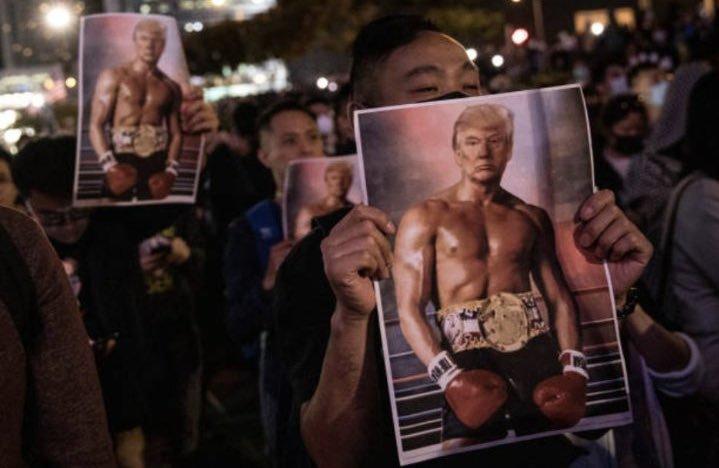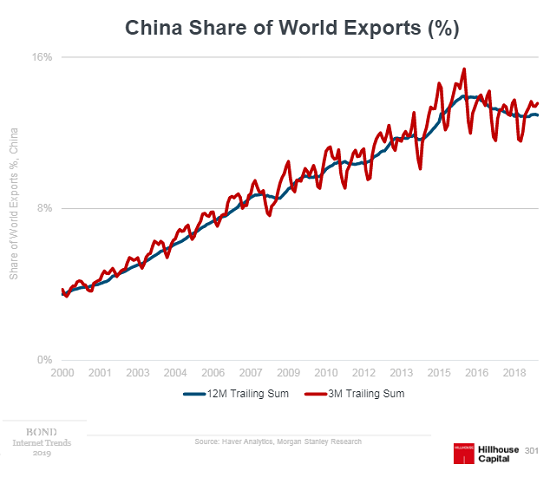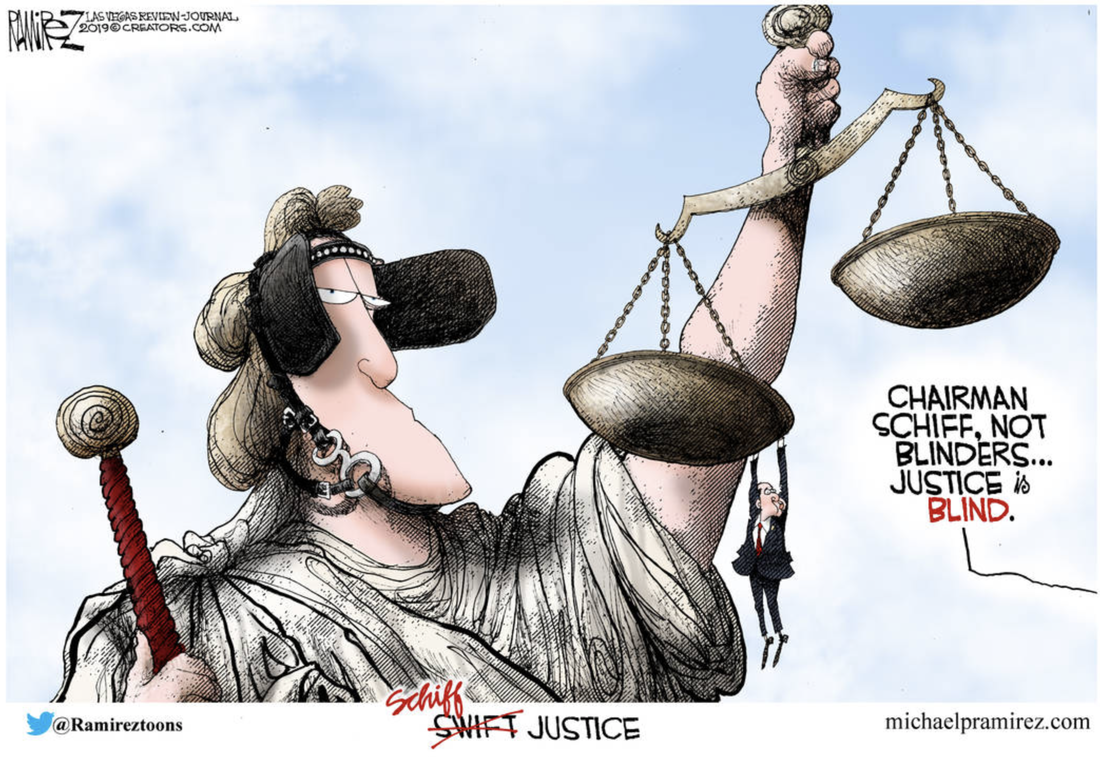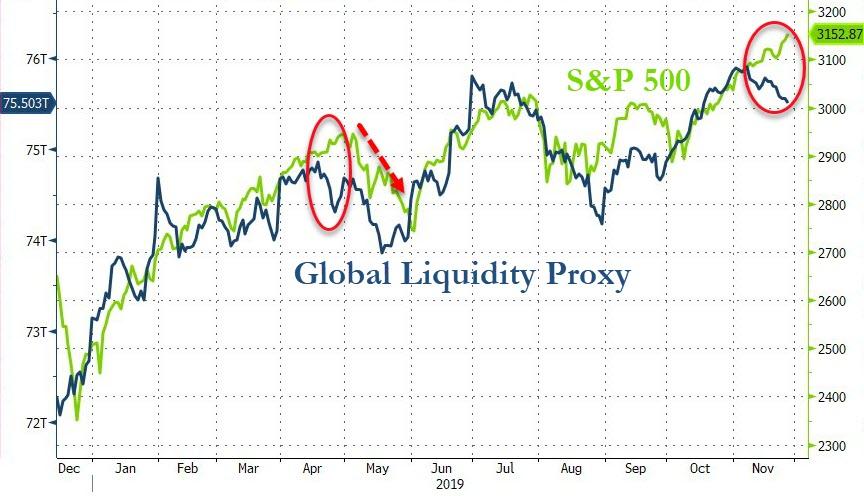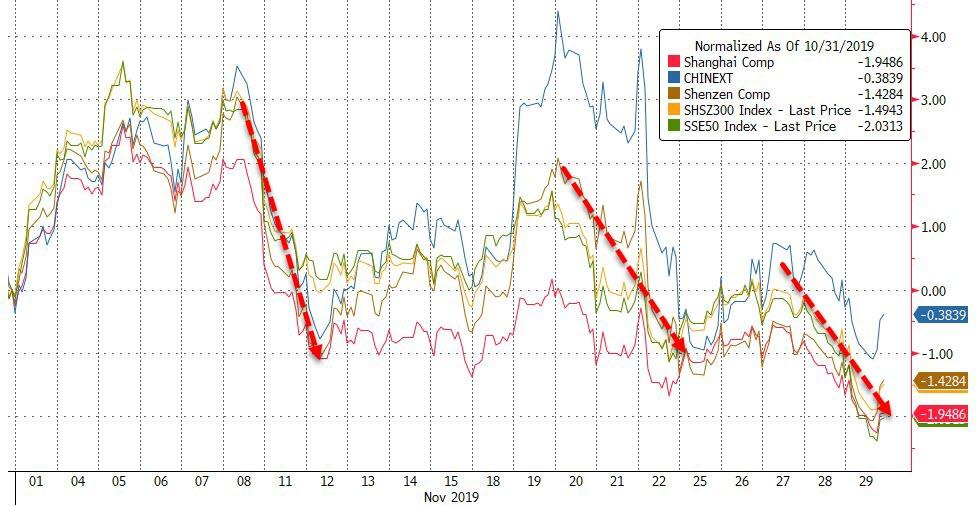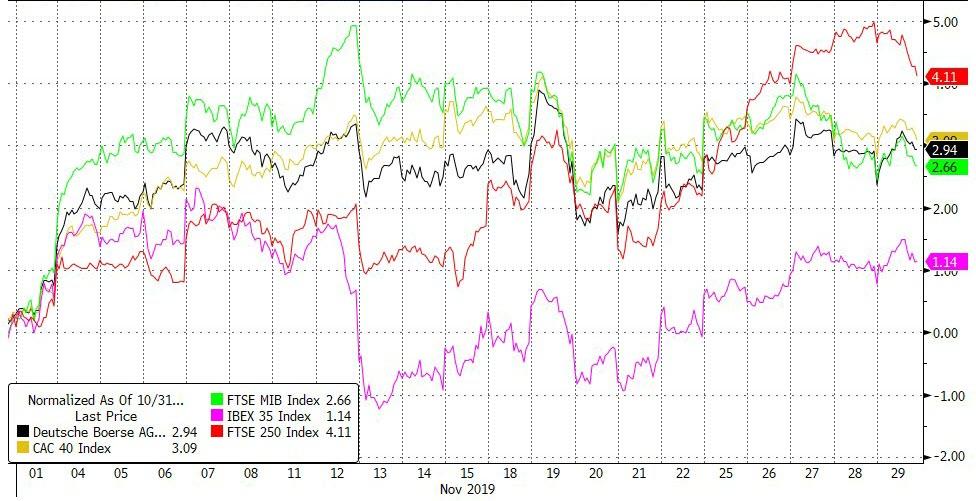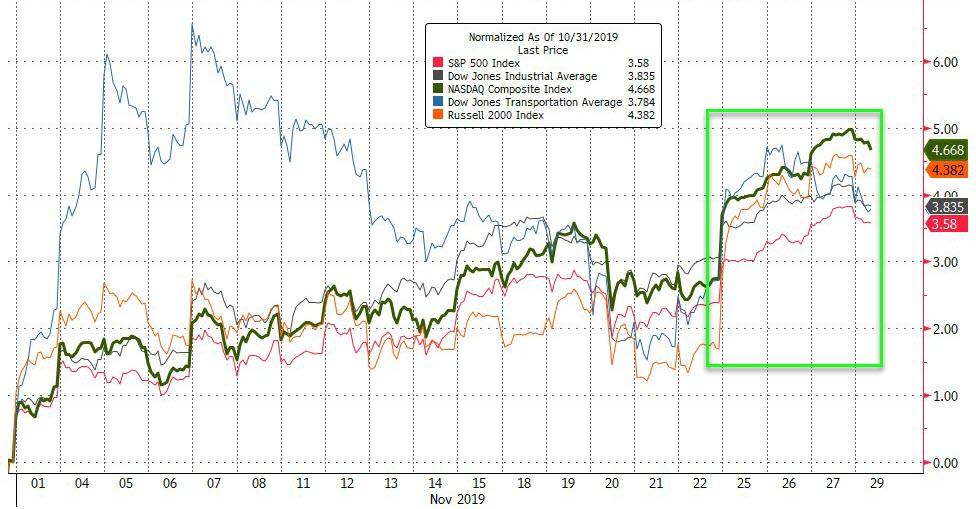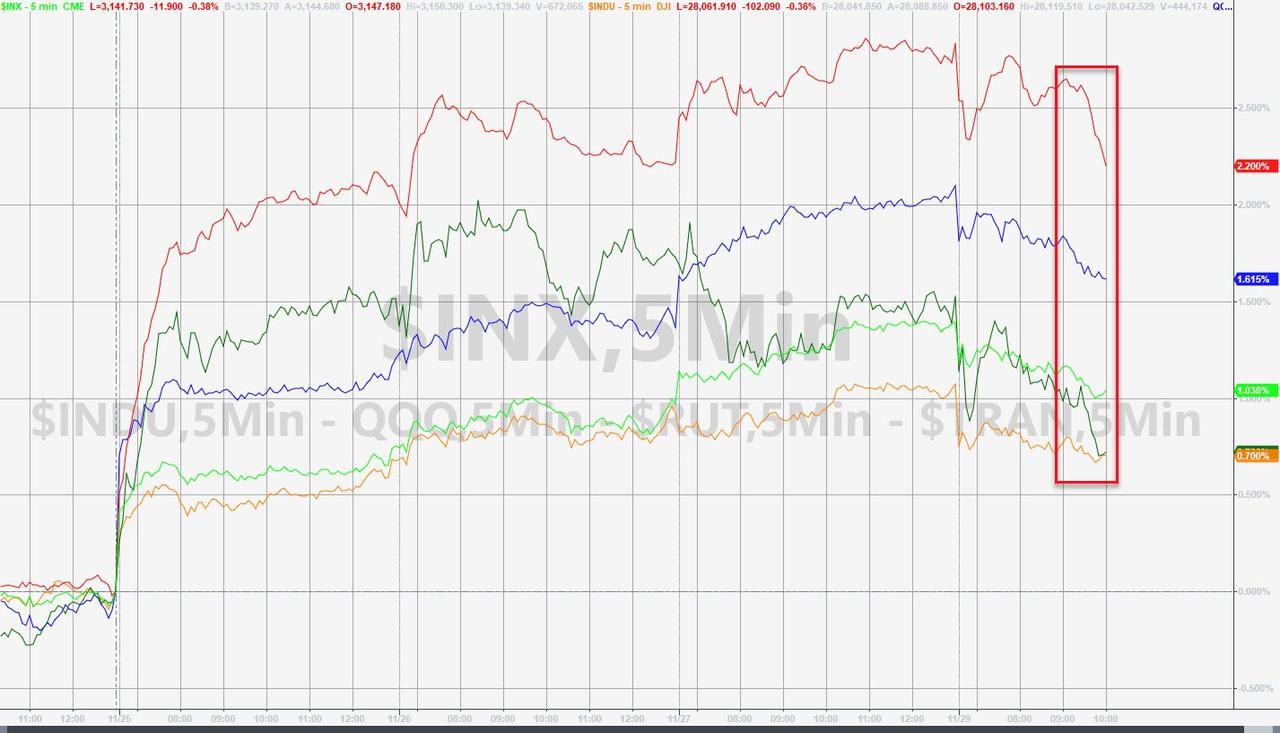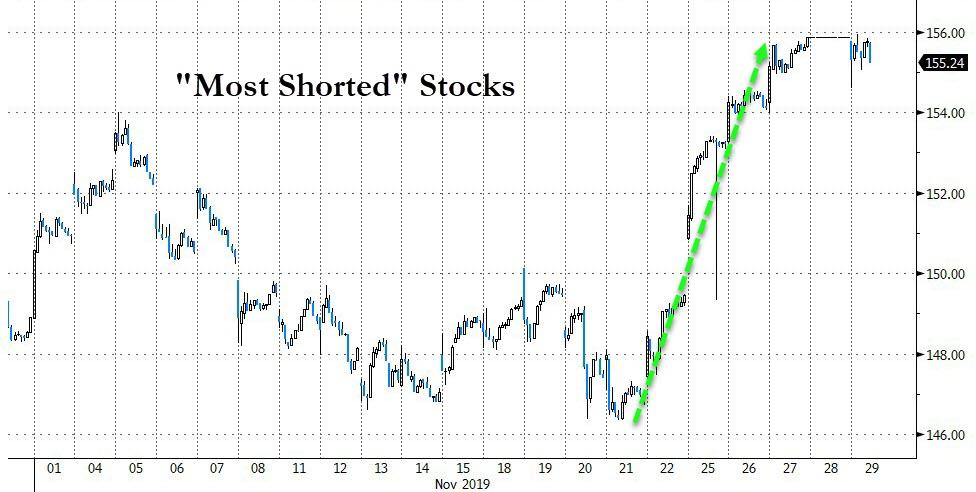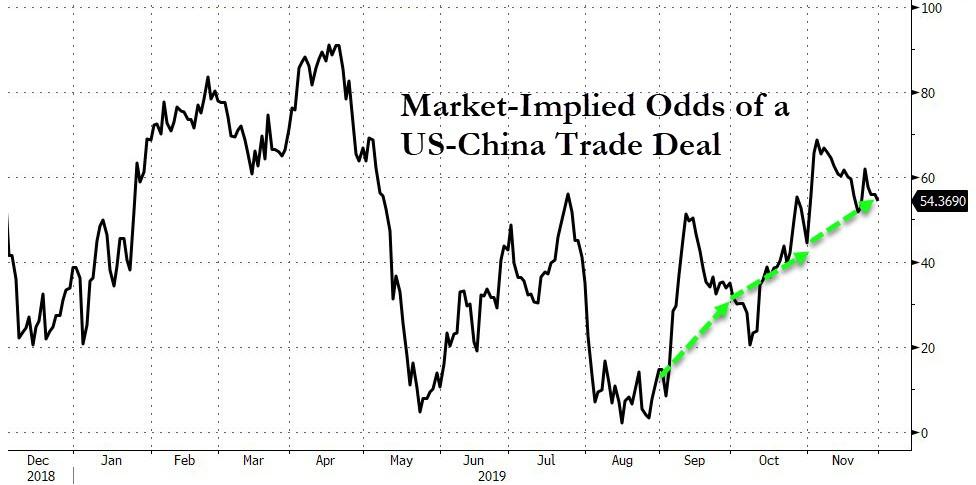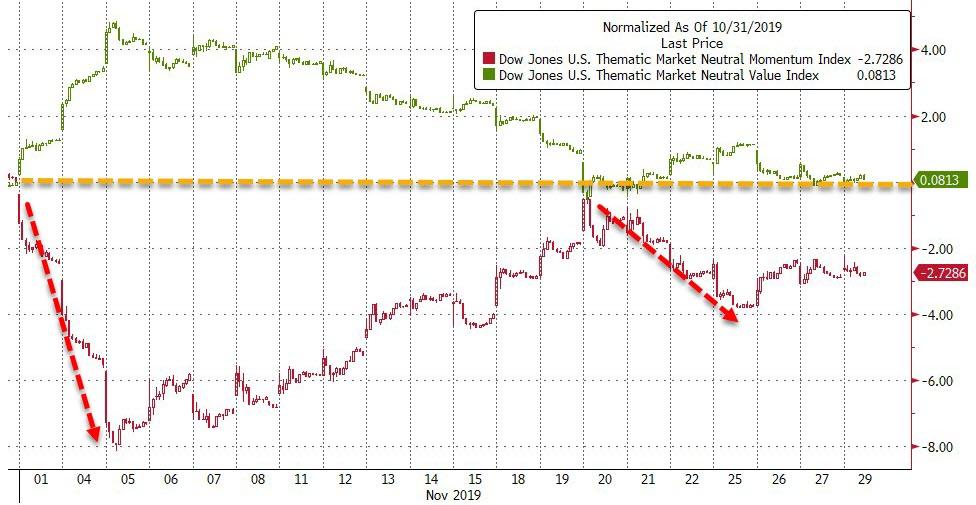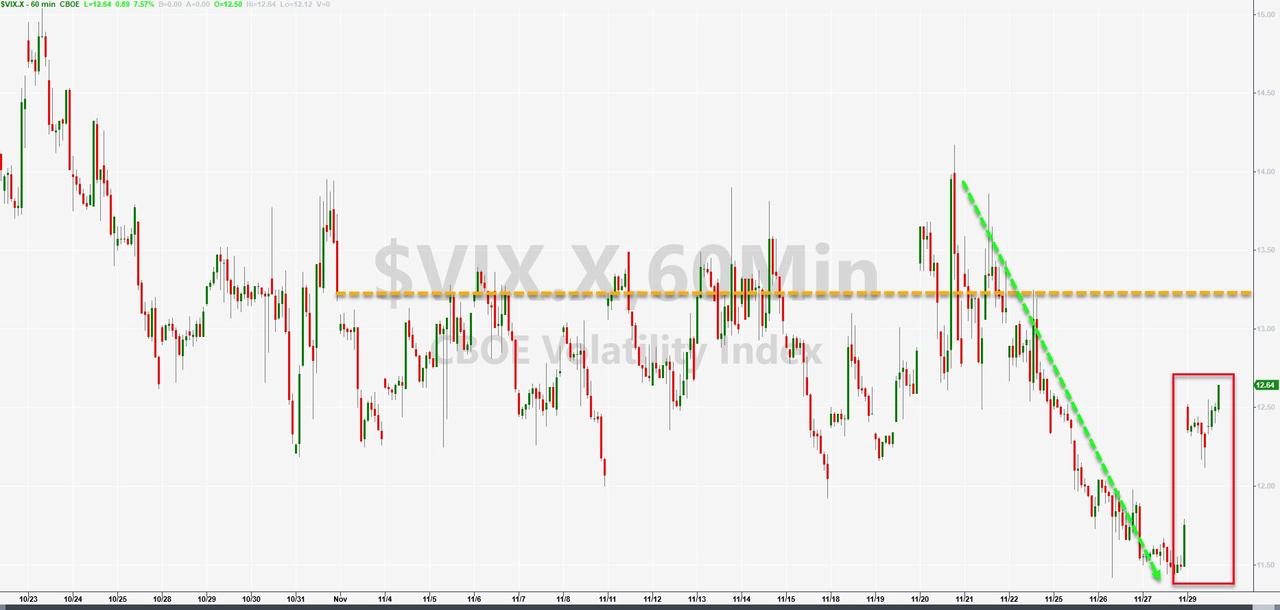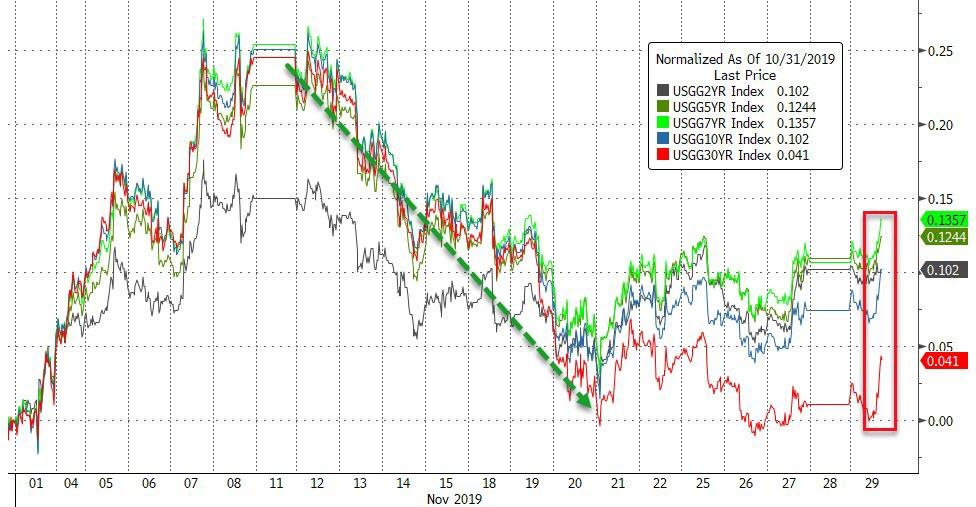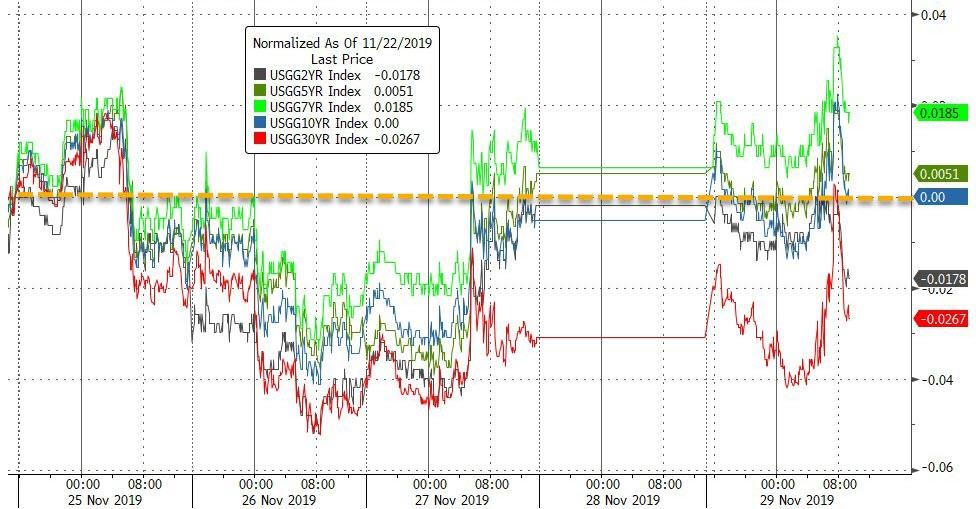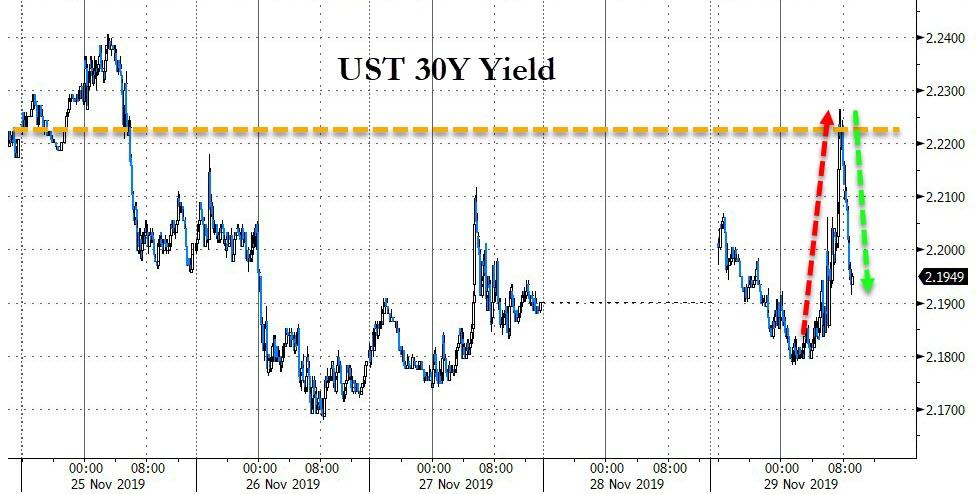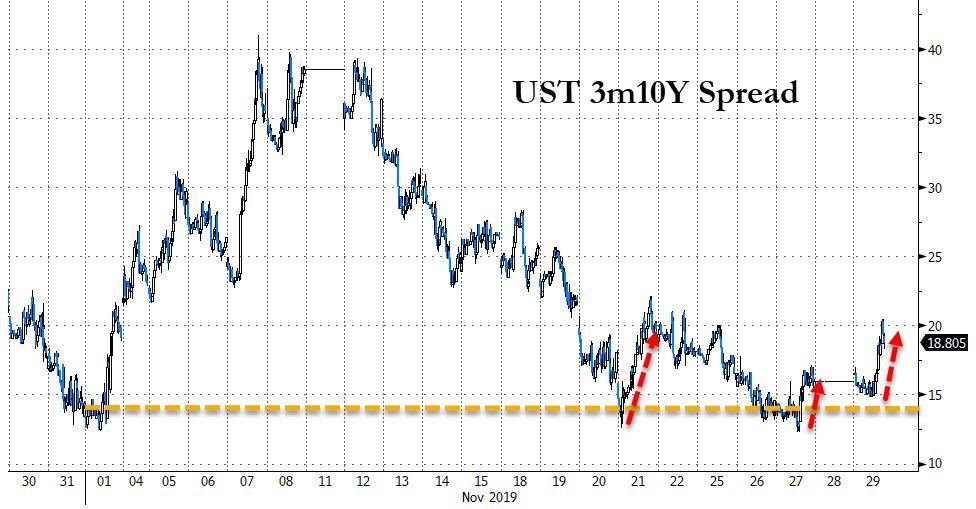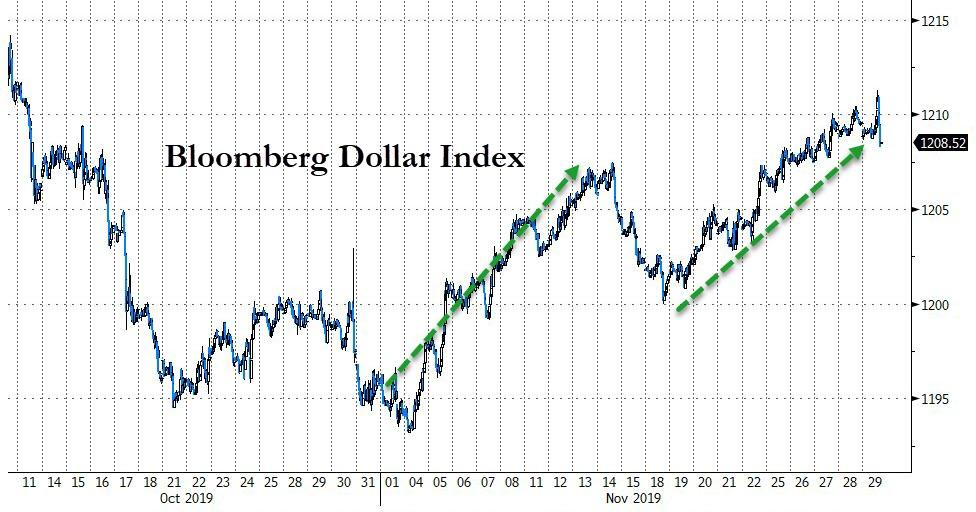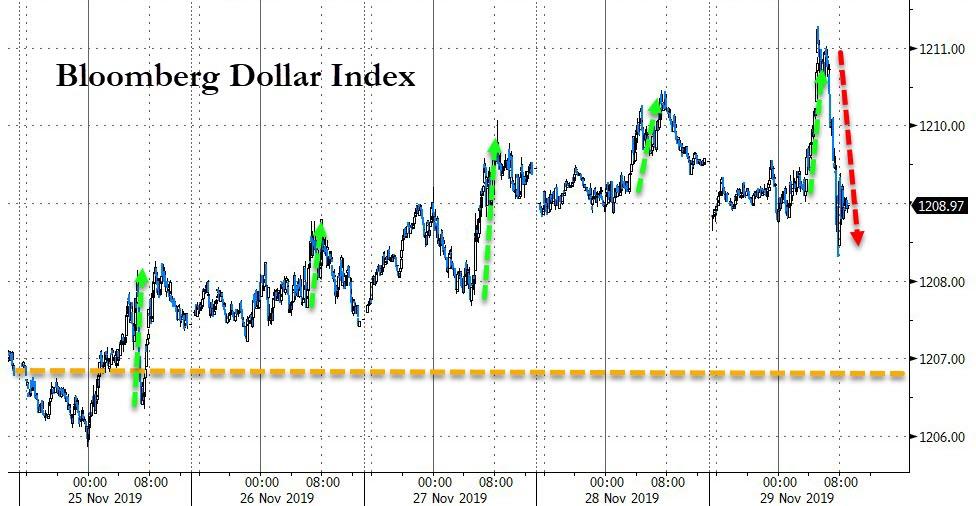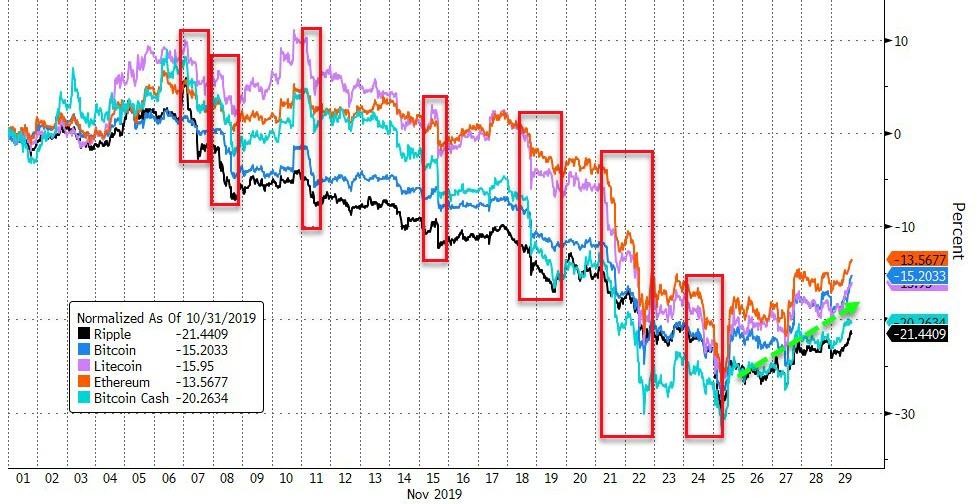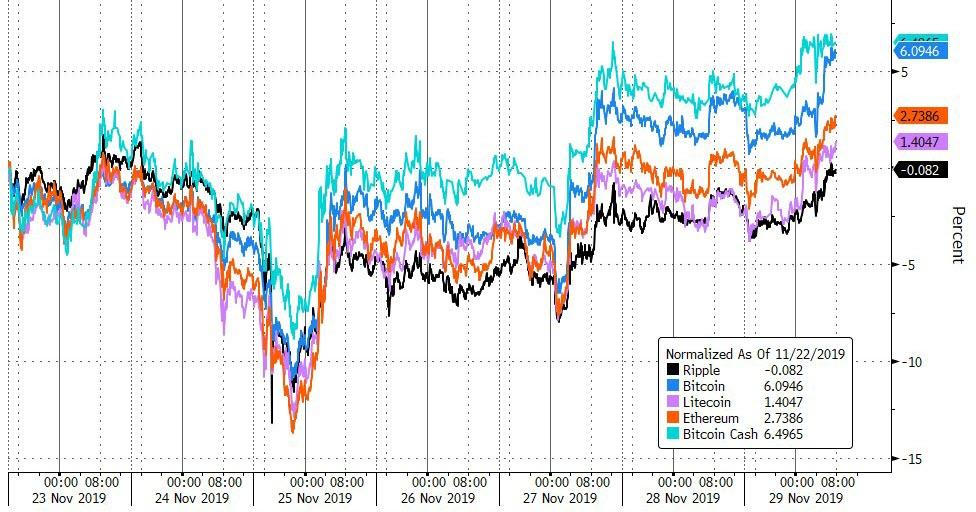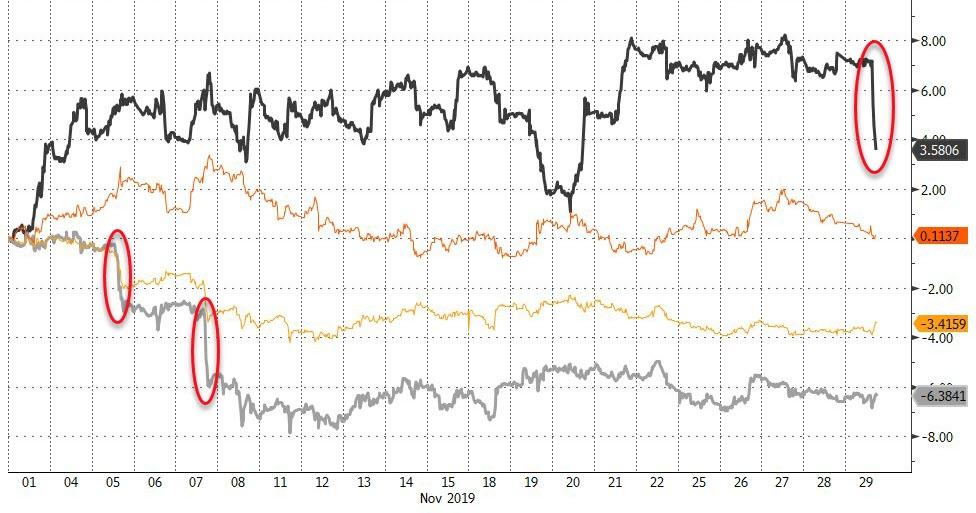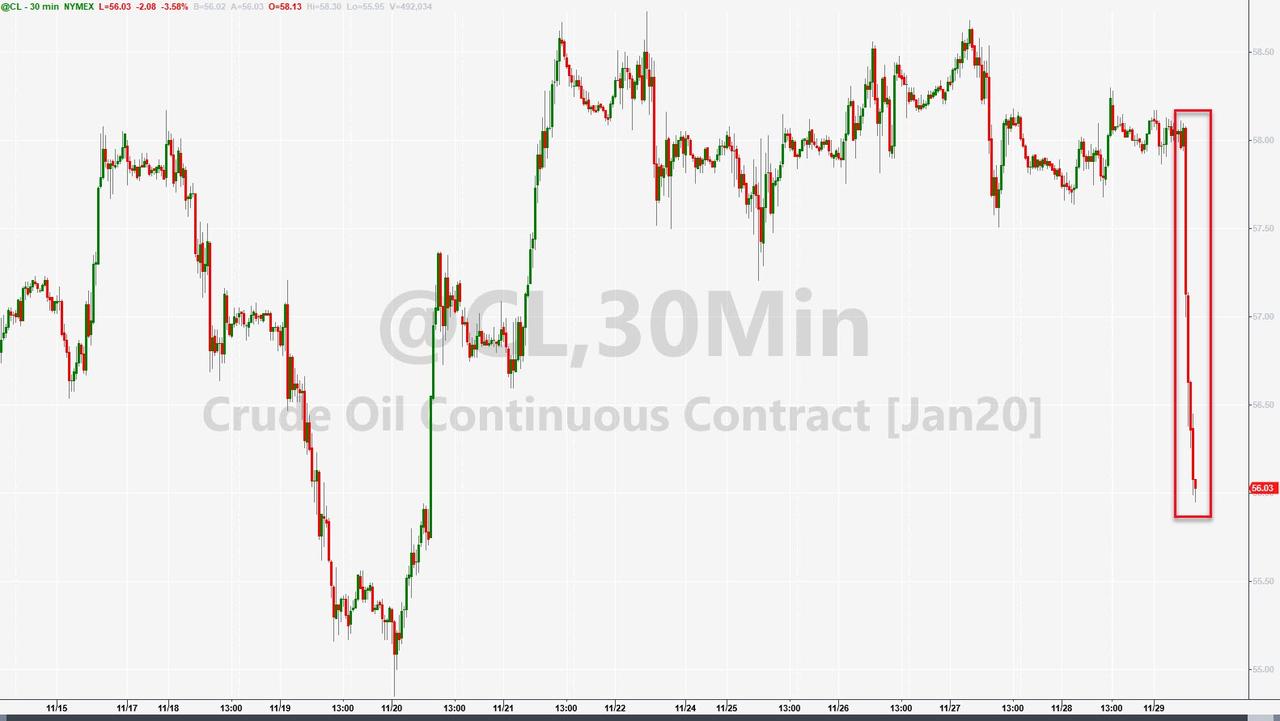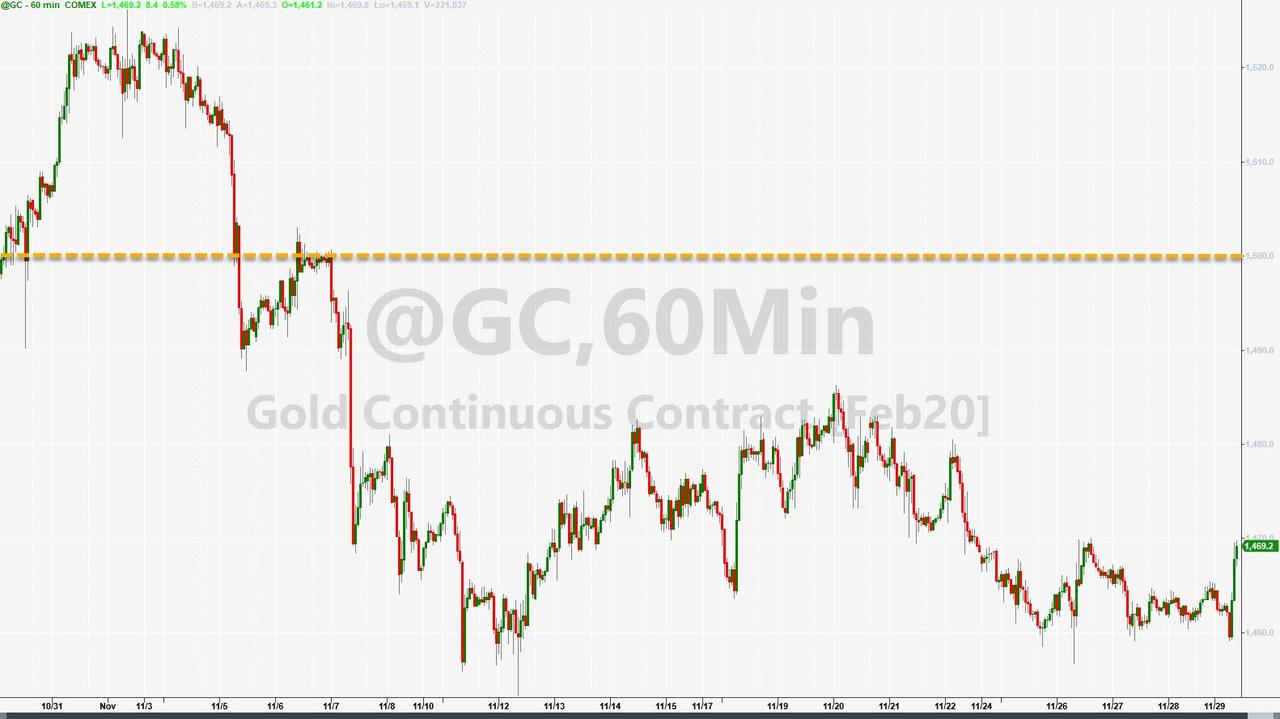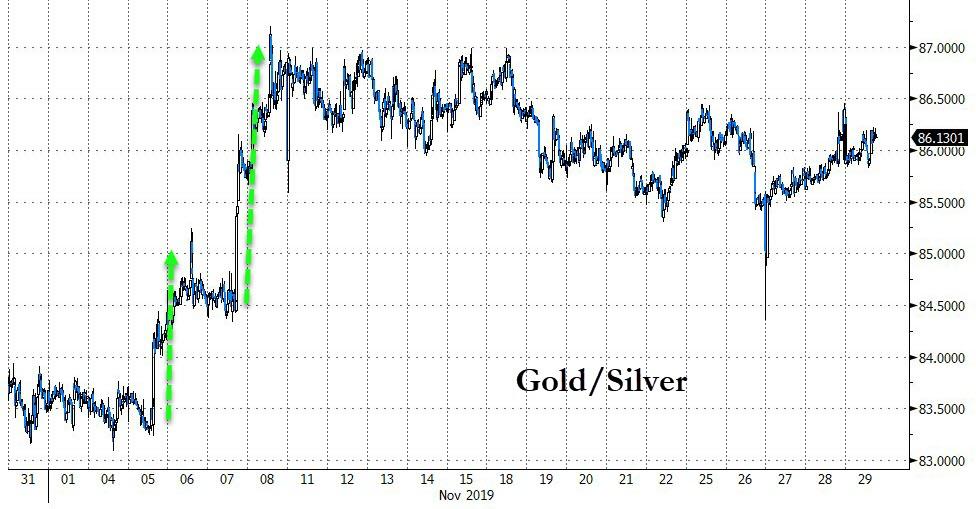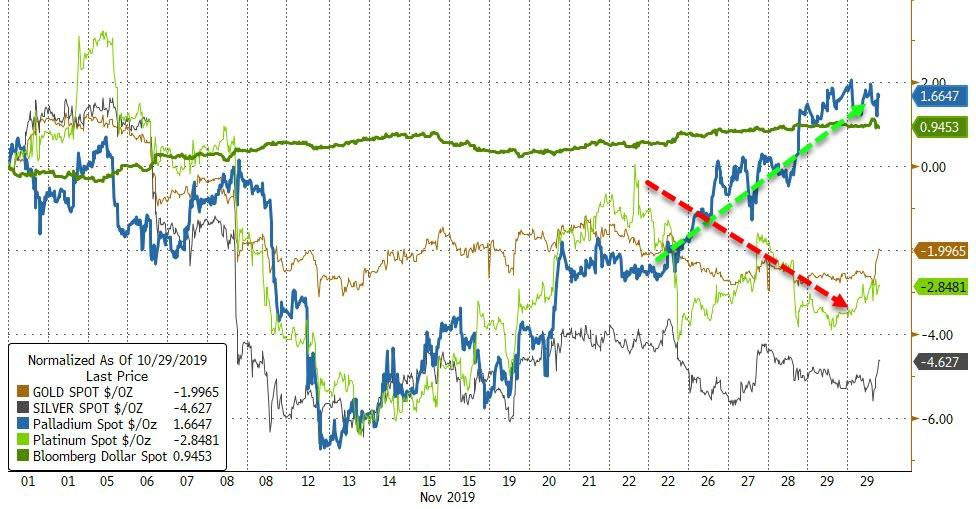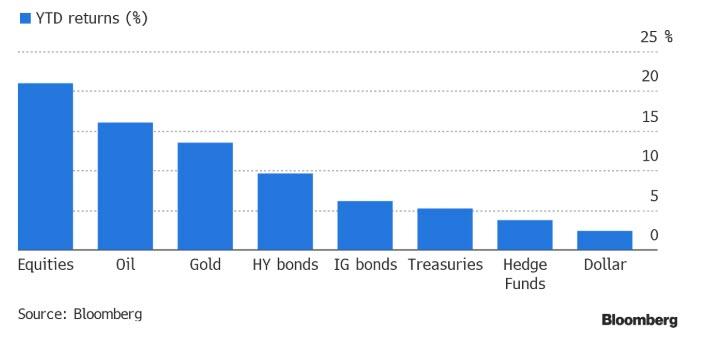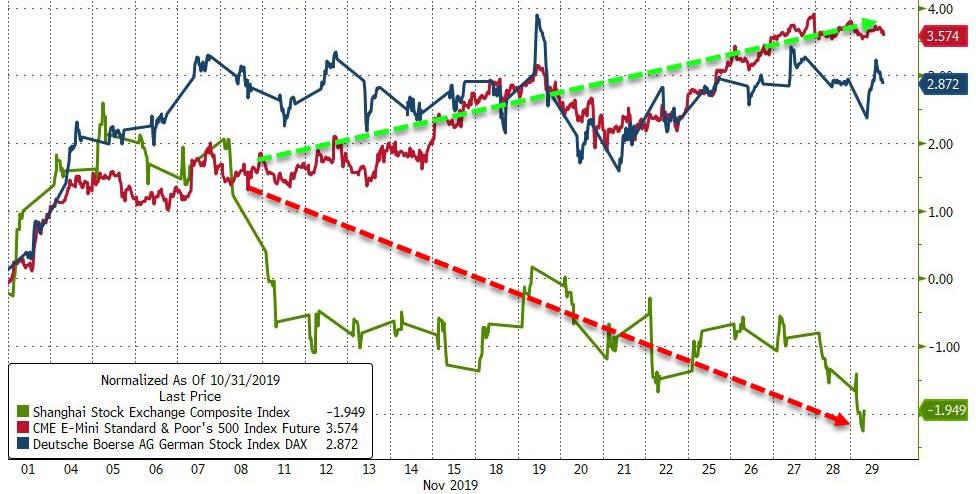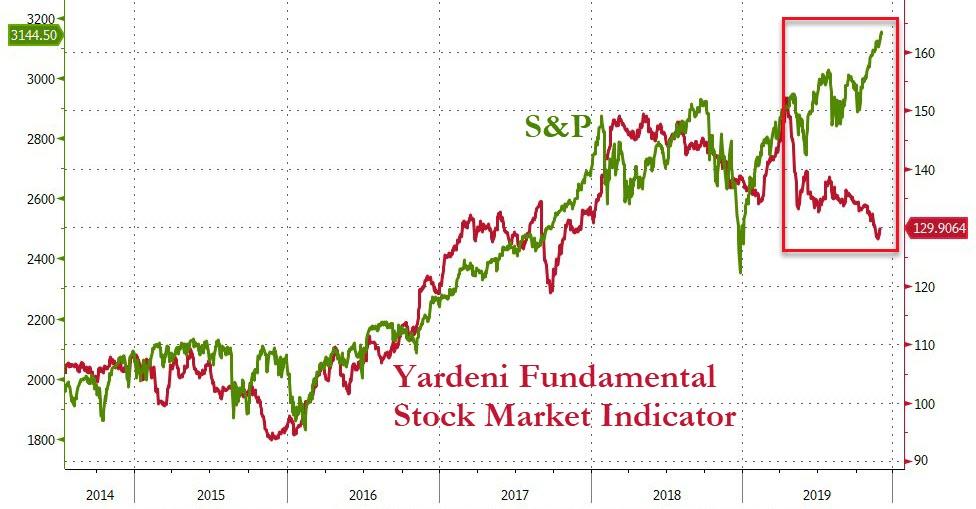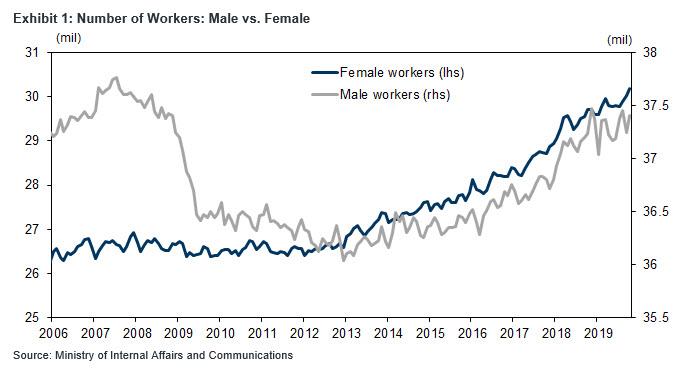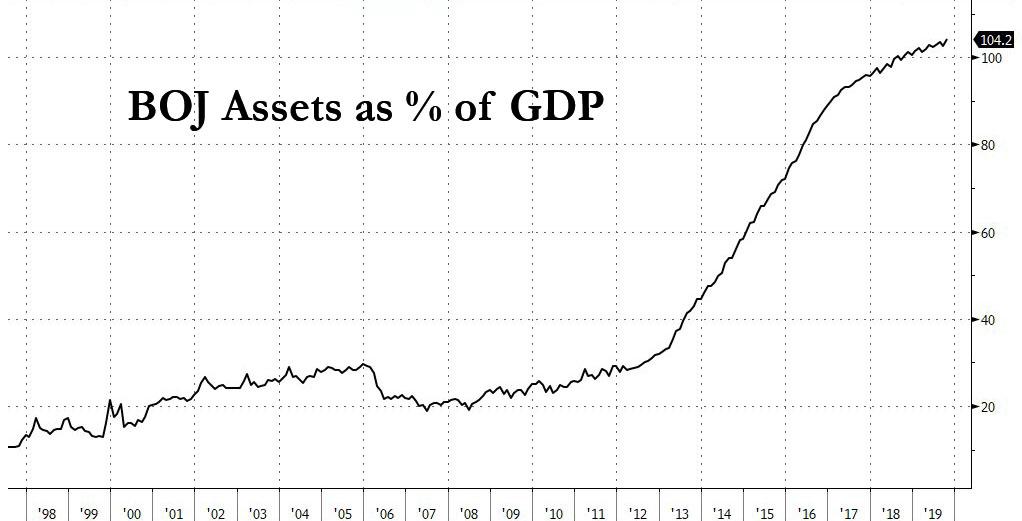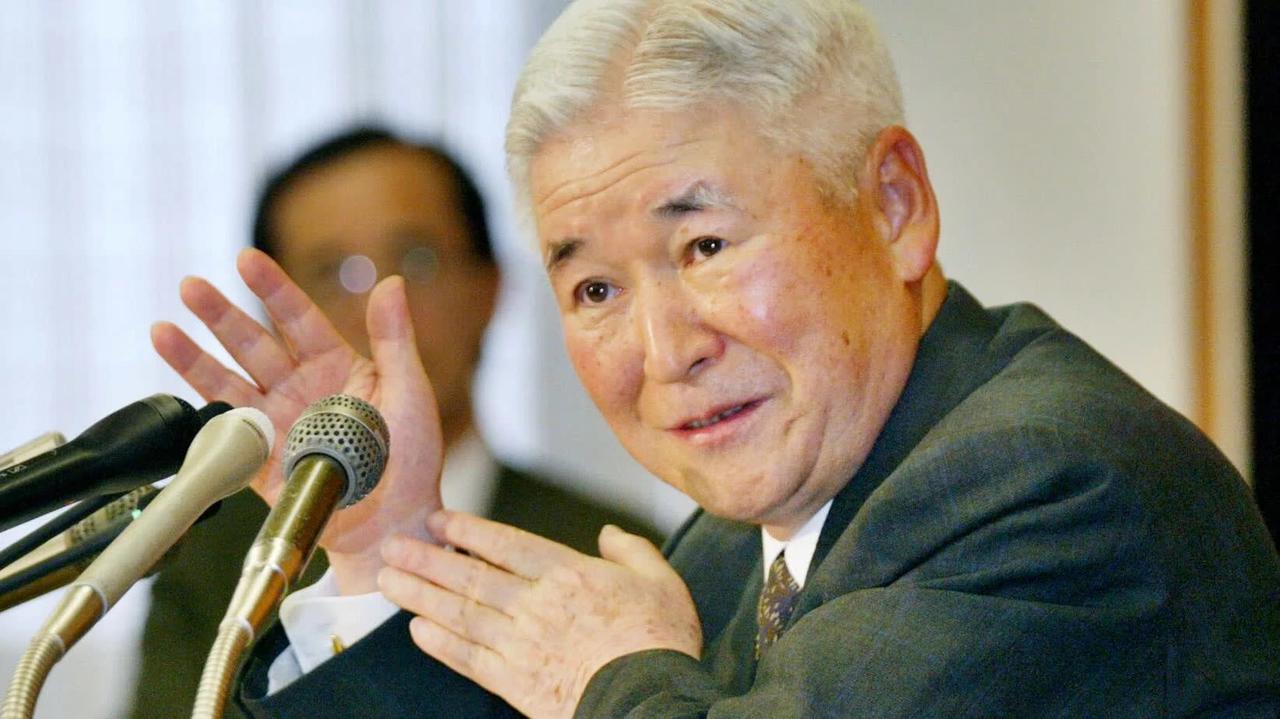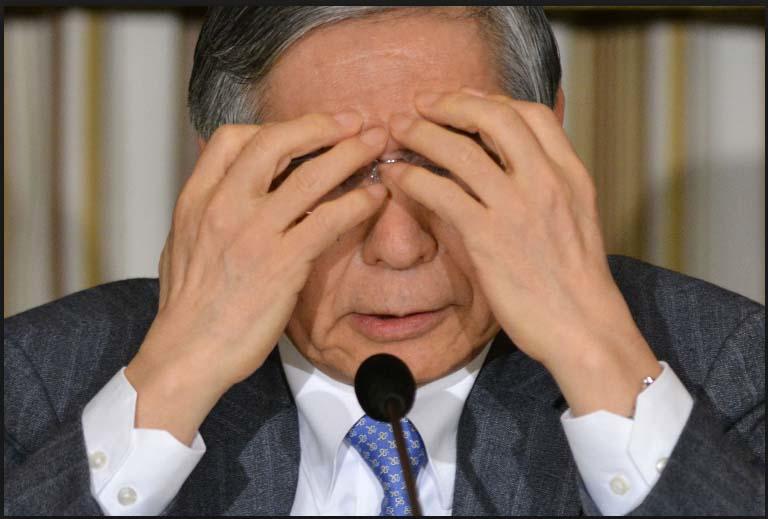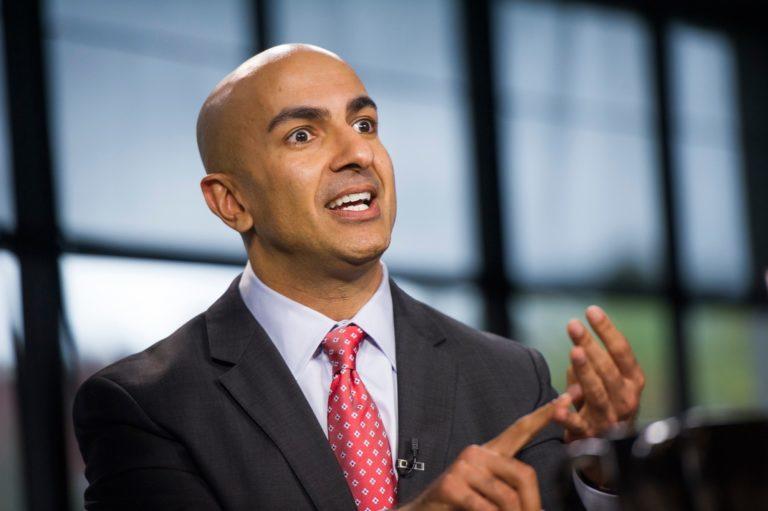Please enjoy the latest edition of Short Circuit, a weekly feature from the Institute for Justice.
In 2015, an armed shoplifter who was fleeing from police broke into a Greenwood Village, Colo. family’s home. After he shot at police, a SWAT team used explosives, high-caliber ammunition, and a battering ram mounted on a BearCat armored vehicle to apprehend him, completely destroying the home in the process. Last month, the Tenth Circuit ruled that the city need not compensate the family. This week, IJ petitioned the court to rehear the case en banc. Click here to learn more.
New on the podcast: A different case about SWAT destroying an innocent person’s home, Maryland’s law of the land clause, and making civil forfeiture victims whole.
- Brown University student takes it upon herself to treat take-home exam as group project. University: The exam was decidedly not supposed to be a team effort. Hence, discipline. Student files 13-count complaint against the university, alleging, among other things, that the school’s handling of her disciplinary proceeding violated its policies. First Circuit: Any deviations from the school’s policies could not have harmed the student, not least because she was a repeat player in the disciplinary system and “could reasonably be expected to navigate it with some skill.”
- Owner of a Canadensis, Penn. pizza shop arrested, jailed for allegedly vandalizing two competing restaurants. Over the next four days, he interacts with seven medical professionals from the for-profit medical contractor that provides the jail’s health care services. Those professionals learn he takes antidepressants but fail to evaluate him for suicide or ensure he properly receives his medicine. He dies by suicide. Jury: They owe the man’s estate nearly $12 million for violating his Fourteenth Amendment right to adequate medical care (three-quarters of which comes in the form of punitive damages). District court: Sure, they were bad, but not that bad. No punitive damages. Third Circuit: They were that bad. Pay up.
- Homeland Security learns a suspected sex trafficker has left the country and is set to return through JFK, so they ask Customs and Border Protection to seize any electronic devices he has upon arrival. CBP seizes the devices and gives them to Homeland Security. A forensic search of the devices turns up evidence of sex trafficking, leading to the man’s arrest and conviction. Was the warrantless search of the devices justified by the “border search” exception? Fourth Circuit: It was not, because the suspected crime had no connection to border security, but the evidence still comes in under the good-faith exception. Concurrence: No Fourth Amendment violation here.
- Las Vegas police conduct traffic stop of a member of the Bikers for Christ ministry group. The biker’s attorney is present, armed, and refuses to comply with orders to step away during the traffic stop. So an officer arrests the attorney. Attorney: False arrest! Malicious prosecution! Harassment of motorcycle clubs! Ninth Circuit (over a dissent): The right to counsel probably does not encompass such conduct. In any event, the officer had probable cause to arrest him when he failed to step away.
- Owner of Florida real estate business sets up phony nonprofit that files thousands of vague FOIA requests against the town of Gulf Stream. When the town fails to respond adequately, he has his son sue the town more than 30 times in an effort to extract settlements. Town files a RICO lawsuit to stop harassment but loses. Director of nonprofit sues for First Amendment retaliation. Eleventh Circuit (in a deep dive on recent retaliation case law): There’s no First Amendment claim here because the town had probable cause to support the RICO suit. Concurrence: But we’re not saying probable cause always defeats a retaliation claim.
- “If this were an Encyclopedia Brown mystery, it might be called The Case of the Polite Bank Robber.” So begins an unsigned Eleventh Circuit opinion, vacating a sentence enhancement for a “less bad” bank robber whose actions probably didn’t put anyone in fear of their life.
- Illinois man is convicted of sex offenses, placed on probation for four years. One condition of probation is that he can’t use any social media during his sentence. A First Amendment violation? Appellate court: Nope, unlike the Supreme Court’s recent ruling on these issues, the conditions here aren’t permanent. Illinois Supreme Court: Doesn’t matter. The defendant didn’t use the internet in the commission of his crimes, and the other conditions on his probation are more than adequate to address the government’s concerns. (via @G_Padraic)
- If you marry a woman who, as a condition of probation, has agreed to let the police conduct a warrantless search of her home at any time, it’s probably not a great idea to start selling meth. Per the Tennessee Supreme Court, the police won’t even need reasonable suspicion to conduct the search that will lead to your arrest on drug charges. Dissent: We have more than 65,000 probationers in Tennessee, all of whom are now open to suspicionless searches of their homes. That’s unconstitutional. (via @TNCrimDefense)
- Last summer, California legislators enacted a law barring presidential candidates from appearing on a ballot in the primaries unless they publicly disclose their tax returns for the previous five years. California Supreme Court: Which violates the state constitution’s guarantee that primaries include all recognized candidates on the ballot of a political party that qualified to participate in the primary. It’s up to voters to punish candidates who fail to disclose their tax returns, if they wish to. (Click here for some journalism.)
In 2006, the Oklahoma Supreme Court ruled that the state constitution prohibits using eminent domain to take private property for economic development. But Tulsa officials are trying to do an end run around the constitution, seizing homes in the city’s historic Pearl District—ostensibly for flood prevention. But the neighborhood does not have drainage problems, and the city’s own planning documents make clear that the flood control facilities are a pretext for a “reinvention of this near-downtown neighborhood.” And, indeed, the city has asked developers to submit bids for “housing and mixed-use development.” This month, residents and supporters formed a new group, Save the Pearl Coalition. Click here to learn more.
from Latest – Reason.com https://ift.tt/2OY0A0B
via IFTTT



